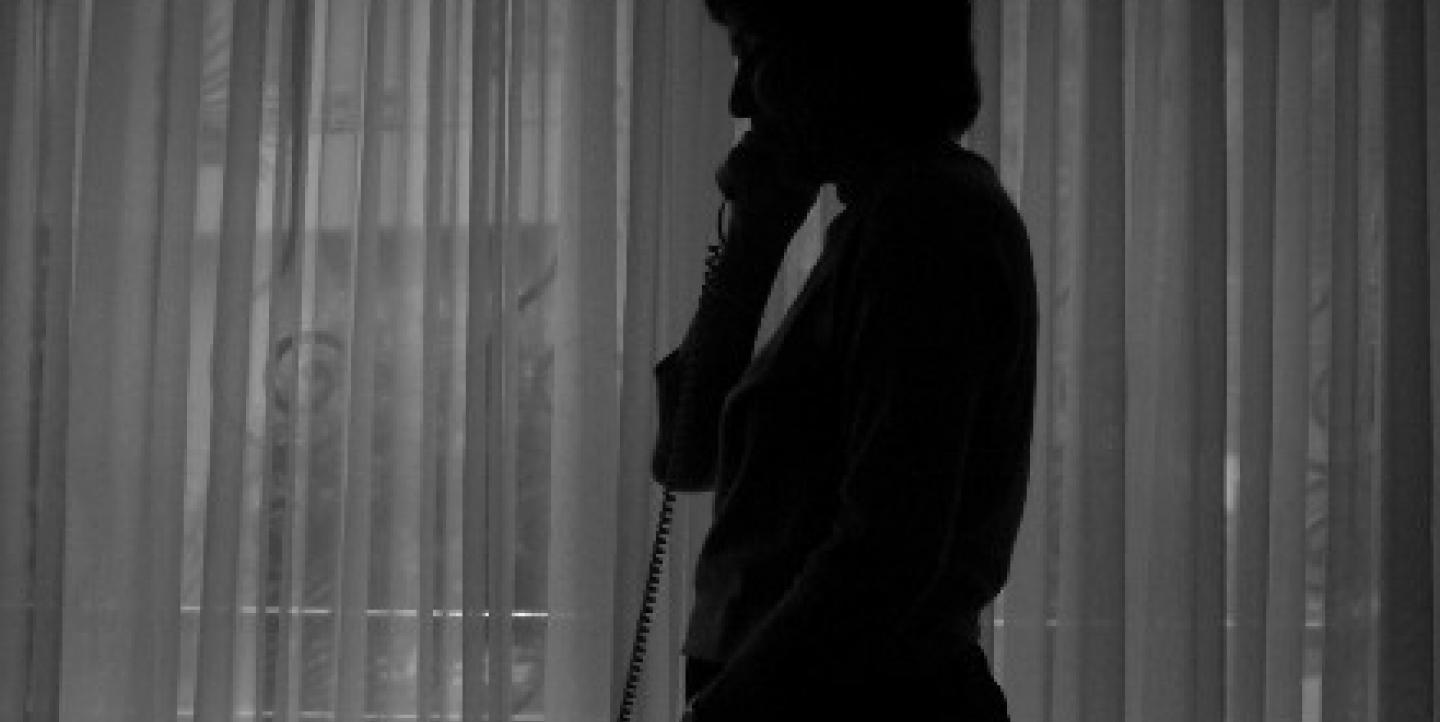Documents are important, but investigative journalism can also involve going undercover. Here are some considerations on going undercover for an investigative story.
One of the first and most famous undercover journalism investigations was done by Nellie Bly, who in 1887 pretended to be mentally ill and spent 10 days at a women’s insane asylum in New York to expose the abuse of patients. Undercover investigations are exciting and can attract big readership or viewership, but they are also controversial from an ethical point of view and can be illegal in certain places.
With the technology and equipment available to journalists these days, doing undercover investigations has never been easier. Tiny hidden cameras and tape recorders that can be put in everything from eyeglasses to pens are now available and easy to use. But just because you can do it doesn’t mean you should jump into an undercover investigation. It should generally be a last resort. Before you launch an undercover investigation:
- Make sure you’ve exhausted all other options to get the information you want through other means.
- Again, know the law. Make sure what you are doing is not illegal.
- Ask yourself: Are the possible findings of this investigation of such a high value and will serve an important enough cause that invasion of privacy and deception is defensible?
- Make sure you are not engaging in entrapment, i.e. inducing the subjects of your investigation to do something wrong, rather than observing them doing it on their own.
- Keep in mind that readers and/or viewers could sometimes find the use of undercover reporting deceptive and distasteful and may sympathize with your subjects if you do it. You want your audience focused on your subject, not on you.
- Once you’ve established that an undercover investigation is justified, draw a detailed plan of how you intend to carry it out and what you hope to get out of it.
- Make sure someone knows what you’re doing and what your plan is, so you can call on help if something goes wrong. Make sure your superiors support the project and will bail you out if you end up in legal trouble. Your project may also be putting them at risk, so don’t surprise them.
- Once your undercover investigation is completed, reveal your identity and give the subjects of your investigation a chance to comment on the findings.
This post was originally part of an online course by ICFJ Anywhere, which supports journalists worldwide with free training on a range of topics. Courses are offered in a variety of languages including English, Arabic, Persian, Spanish, Portuguese, Turkish and French. For the latest ICFJ Anywhere course offerings, click here.

